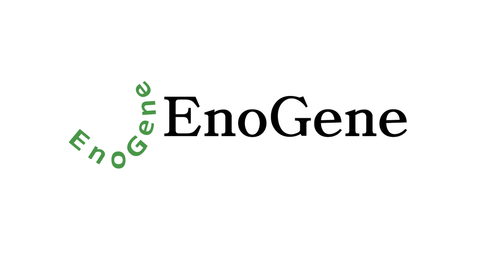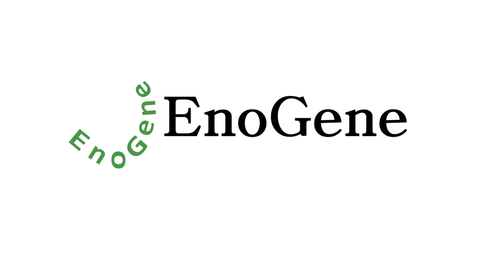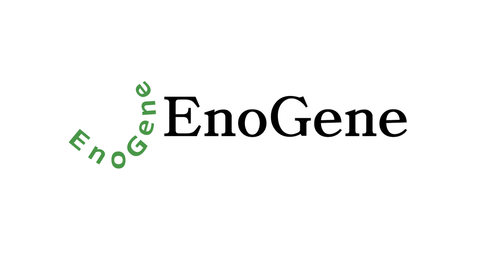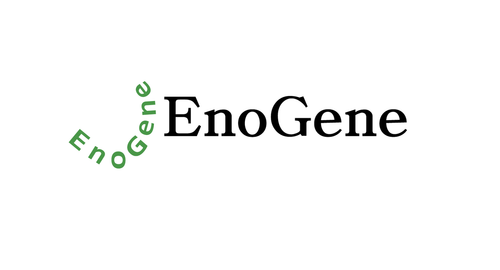Product Description
PD-L1/B7-H1/CD274 | E21-J88 | EnoGene
Short Description: Recombinant Mouse Programmed Cell Death 1 Ligand 1 is produced by our Mammalian expression system and the target gene encoding Phe19-Thr238 is expressed with a 6His tag at the C-terminus.
Shipping: Ambient
Formulation: Lyophilized from a 0.2 μm filtered solution of 20mM PB, 150mM NaCl, pH 7.4.
Storage: Lyophilized protein should be stored at < -20°C, though stable at room temperature for 3 weeks.
Reconstituted protein solution can be stored at 4-7°C for 2-7 days.
Aliquots of reconstituted samples are stable at < -20°C for 3 months.
Reconstitution: Always centrifuge tubes before opening. Do not mix by vortex or pipetting.
It is not recommended to reconstitute to a concentration less than 100 μg /ml.
Dissolve the lyophilized protein in ddH2O.
Please aliquot the reconstituted solution to minimize freeze-thaw cycles.
Purity: Greater than 95% as determined by reducing SDS-PAGE.
Endotoxin: Less than 0.1 ng/µg (1 IEU/µg) as determined by LAL test.
Background: Mouse Programmed cell death 1 ligand 1 (Cd274,PD-L1) , is a member of the growing B7 family of immune proteins.It involved in the costimulatory signal essential for T-cell proliferation and IFNG production in a PDCD1-independent manner. Interaction with PDCD1 inhibits T-cell proliferation by blocking cell cycle progression and cytokine production.B7-H1 has been identified as one of two ligands for programmed death1 (PD1) , a member of the CD28 family of immunoreceptors. B7-H1 is constitutively expressed in several organs such as heart, skeletal muscle B7-H1 expression is upregulated in a small fraction of activated T and B cells and a much larger fraction of activated monocytes. The costimulatory function of B7-H1 is critical for enhancing maturation and differentiation of T-cells in lymphoid organs.B7-H1 expression is also induced in dendritic cells and keratinocytes after IFN gamma stimulation. Interaction of B7-H1 with PD1 results in inhibition of TCR-mediated proliferation and cytokine production. The B7-H1:PD1 pathway is involved in the negative regulation of some immune responses and may play an important role in the regulation of peripheral tolerance.
Species: Mouse
Expression System: Human cells
 Euro
Euro
 USD
USD
 British Pound
British Pound
 NULL
NULL








